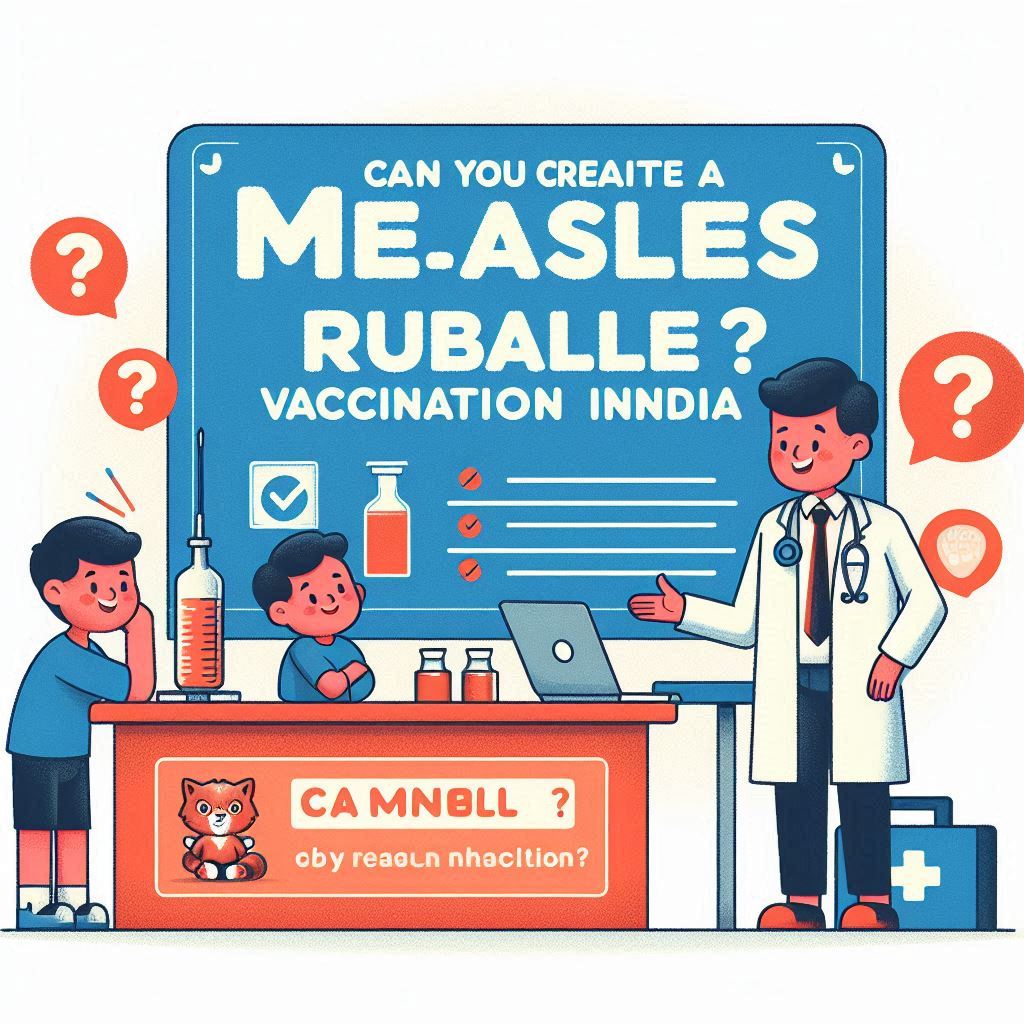As a first-time parent, ensuring your baby receives the right vaccinations can be overwhelming. With various vaccines available, it’s essential to understand their differences and benefits. This blog will help you navigate the Measles, MR (Measles-Rubella), and MMR (Measles-Mumps-Rubella) vaccines, ensuring your baby gets the best protection.

| Vaccine | Disease Prevented | Age of Administration | Number of Doses | Indian Vaccination Programme |
| Measles | Measles | 9-12 months, 16-24 months | 2 | Part of the Universal Immunization Programme (UIP) in India. |
| MR | Measles, Rubella | 9-12 months, 16-24 months | 2 | Part of India’s national campaign to eliminate measles and rubella. |
| MMR | Measles, Mumps, Rubella | 12-15 months, 4-6 years | 2 | Not part of any Indian Programme |
What is Measles?
Measles is a highly contagious viral disease that can lead to severe health complications, especially in young children. Symptoms include high fever, cough, runny nose, and a characteristic red rash. Measles can also cause serious complications like pneumonia, encephalitis (brain swelling), and even death.
The Measles Vaccine
The measles vaccine is a part of the Universal Immunization Programme (UIP) in India. It is typically administered in two doses: the first at 9-12 months and the second at 16-24 months of age. This vaccine is crucial in preventing measles and its associated complications.
What is the MR Vaccine?
The MR vaccine protects against both measles and rubella. Rubella, also known as German measles, is a viral infection that can cause mild fever and rash. However, if a pregnant woman contracts rubella, it can lead to severe birth defects in the unborn child, including heart defects, deafness, and intellectual disabilities.
The MR Vaccination Campaign
India has launched the MR vaccination campaign to eliminate measles and rubella by vaccinating all children aged 9 months to 15 years. Even if your child has received the measles vaccine, the MR vaccine provides additional protection against rubella. The MR vaccine is safe and effective, with over 22 crore children vaccinated in India.
What is the MMR Vaccine?
The MMR vaccine protects against measles, mumps, and rubella. Mumps is another viral disease that can cause fever, headache, and swollen salivary glands. It can lead to complications such as meningitis, encephalitis, and hearing loss.
Benefits of the MMR Vaccine
The MMR vaccine is highly effective and safe, providing comprehensive protection against three serious diseases. It is typically administered in two doses: the first at 12-15 months and the second at 4-6 years of age. The MMR vaccine has been in use for over 40 years and is a crucial part of routine immunization programs worldwide.
Choosing the Right Vaccine for Your Baby
As a parent, it’s essential to follow the recommended immunization schedule provided by your pediatrician. The MR vaccine is part of India’s national campaign, while the MMR vaccine is included in routine immunization. Both vaccines are safe and provide critical protection for your child.
Conclusion
Vaccinating your child is one of the most important steps you can take to ensure their health and well-being. Understanding the differences between the Measles, MR, and MMR vaccines will help you make informed decisions. Remember, your pediatrician is your best resource for guidance on your child’s vaccination schedule.
By staying informed and proactive, you can ensure your baby receives the best possible protection against these preventable diseases.